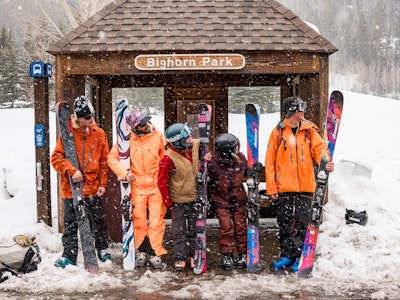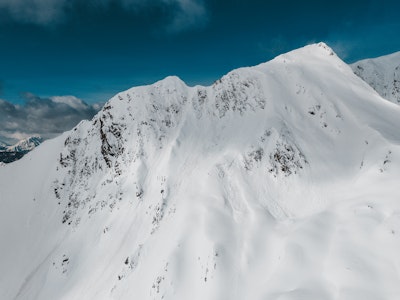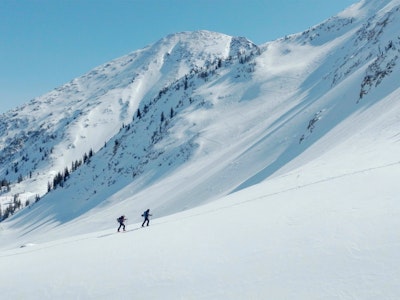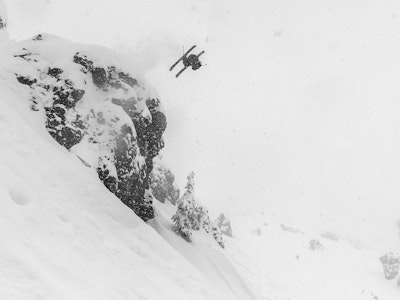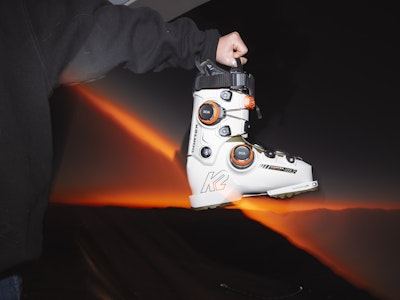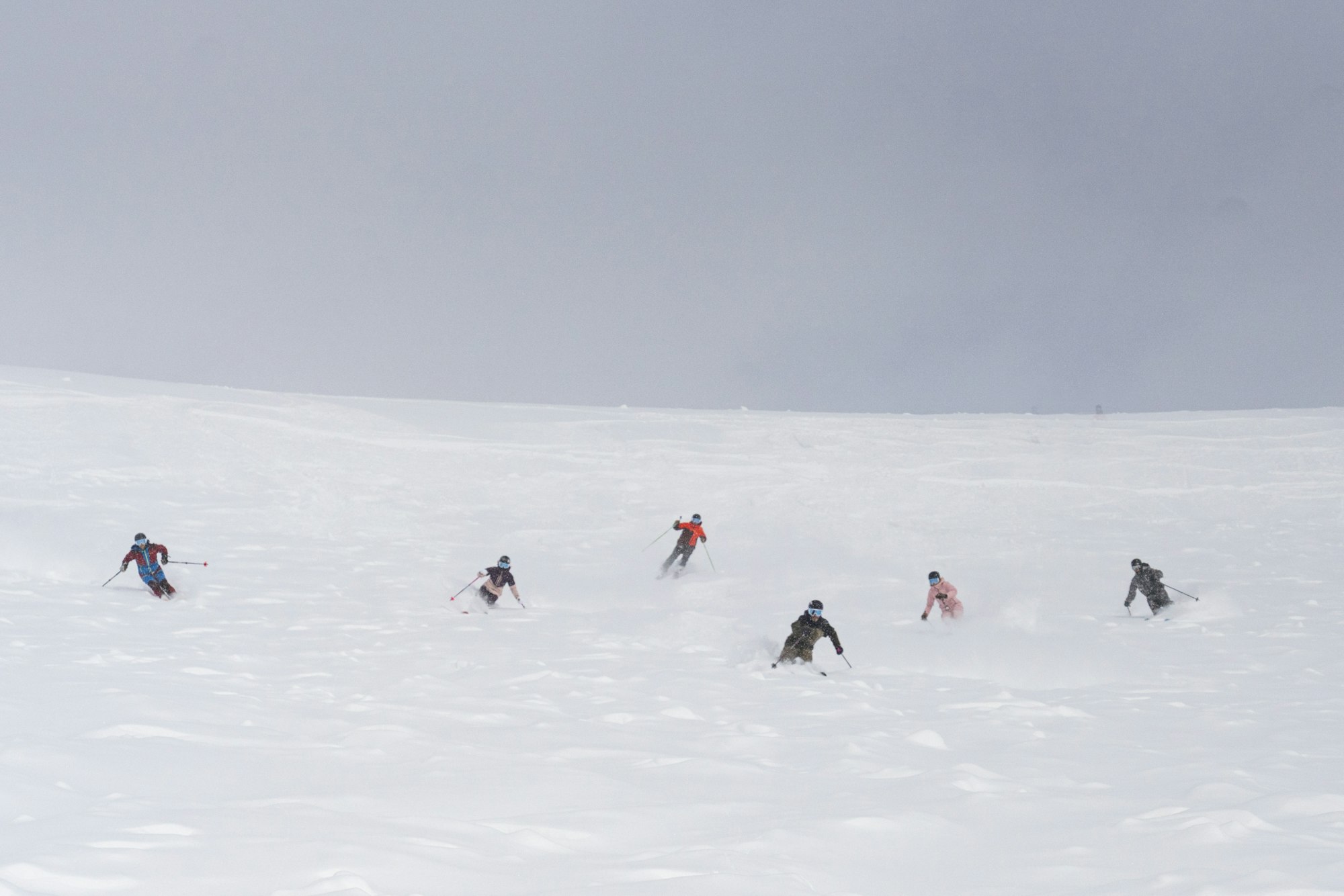We’ve all been there. You look at the two-week forecast, plan ahead to get your work days covered and the homies together, and then when the time comes, the massive storm that was projected disappears into thin air leaving you with no new snow to plunder and all of your PTO used up. We get it. Weather can be frustrating and unpredictable but now thanks to Google’s new weather-based artificial intelligence (AI), GenCast, that 15-day forecast may not be so far off in accuracy.
It’s easy to scoff at AI when it’s making obscene images and ridiculous movie scripts but when it comes to weather prediction, there’s solid evidence that warrants jumping on the bandwagon. For decades, scientists and weather forecasters have used probabilistic ensembles where the weather model predicts a range of likely weather scenarios using intricate physics equations and global weather data. Unfortunately, these equations require a supercomputer and take hours to generate and can still be frustratingly inaccurate in dire times—whether that’s to evacuate towns from impending hurricanes or to high-tail it out of the office for a powder day. GenCast, on the other hand, can compute historical data from a regular computer and disseminate up to 50 probable weather predictions in a matter of minutes.
Up until this point, the European Weather Centre for Medium-Range Weather Forecasting’s (EWCMRF) ENS ensembles was the most state-of-the-art numerical weather prediction, providing realistic weather trajectories at any given place and time in the world. Google tested its new GenCast system by feeding it historical weather data up until 2018 and then testing its results for 2019. The results showed that GenCast’s forecast was more accurate than EWCMRF’s ENS, so Google tested it again and again for a total of 1,320 times. The results of this test showed that GenCast was more accurate than ENS on 97.2% of these targets and on 99.8% at lead times over 36 hours. That kind of accuracy, especially in longer-term forecasts beyond the next day and a half, is all the proof in the pudding we and others in the ski industry need.
Google isn’t the only company working on AI weather models, OpenSnow is also developing its own AI weather model to help make better weather predictions, specifically so skiers know when its time to drop that out of office notice with more confidence than ever before. While some uses of AI can seem silly and be detrimental to accuracy, we’re hopping on board with GenCast and excited to see it in action this winter.

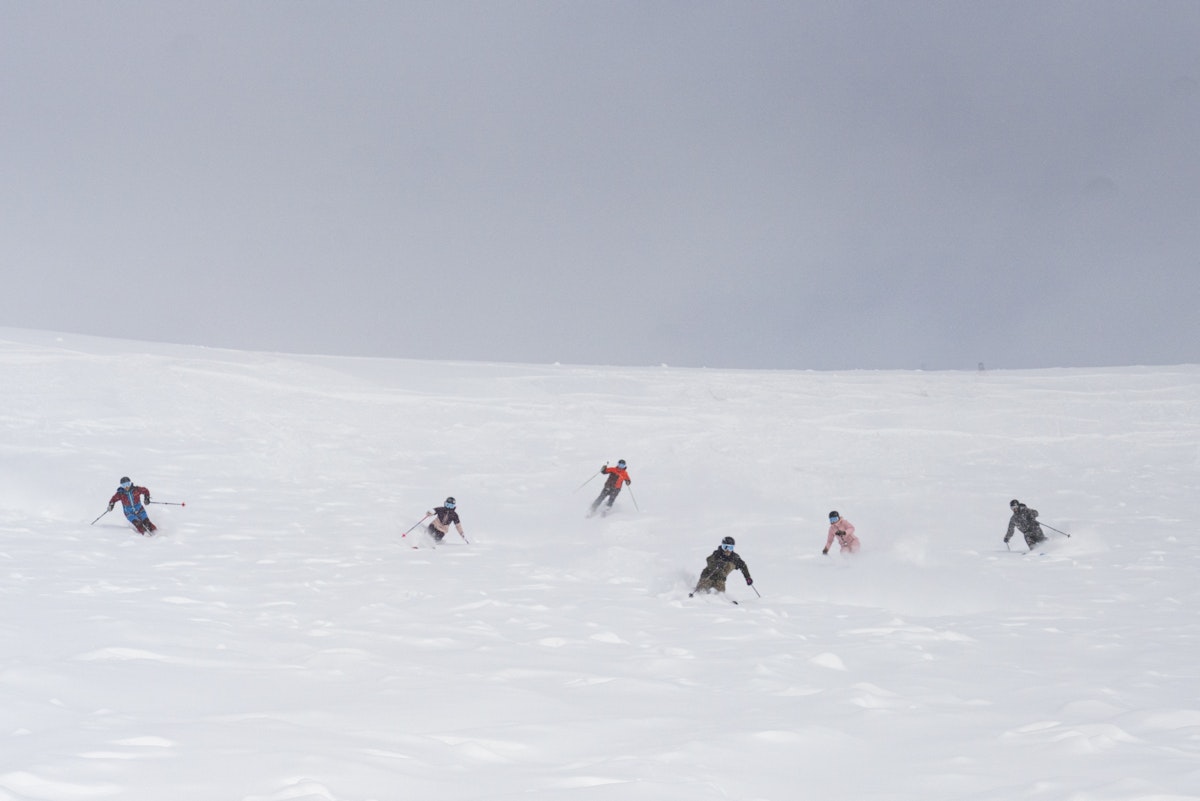
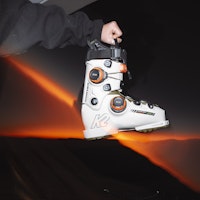

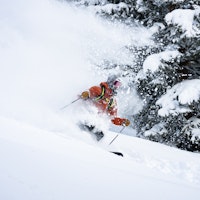
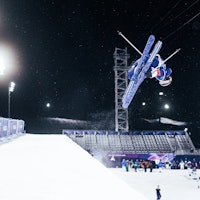
![[FIRST LOOK] New 2027 Skis and Outerwear From Rossignol](https://www.datocms-assets.com/163516/1771280782-2026_fs-firstlook-deck.png?w=200&h=200&fit=crop)
